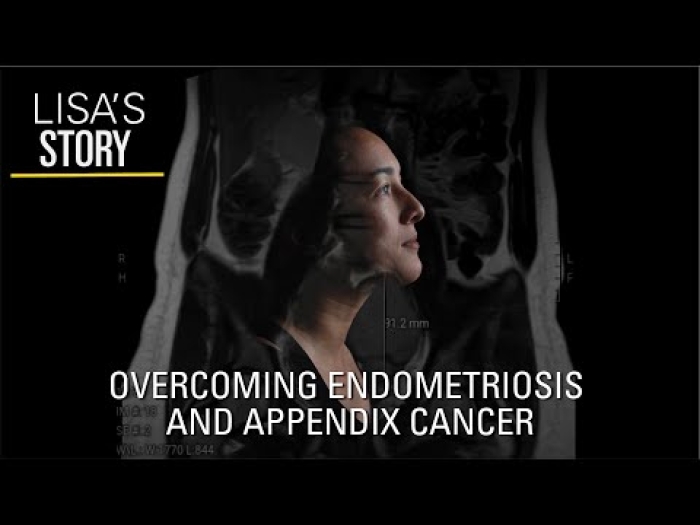
When Erika Newman, M.D. (Residency 2008), assistant professor of pediatrics and communicable diseases, was completing her pediatric surgery fellowship at the University of Chicago Comer Children's Hospital, she met a young patient who would help inspire her path in medicine.
This previously healthy 11-year-old boy had been diagnosed with neuroblastoma after an emergency room X-ray revealed a mass in his chest. The boy, like Newman herself, had been raised by a single mom on the South Side of Chicago.
"You could tell that his mom completely devoted her whole life to making sure he was successful," says Newman, who grew up in Gary, Indiana, went to Georgetown University on a track and field scholarship, and lost her mother to cancer during her medical training. "I think it reminded me of what my mom did for me."
After several rounds of chemotherapy failed, Newman was asked to remove the mass surgically. The operation had many potential complications — so many that the boy's mom fainted when Newman described them to her — but it was by every definition a success. "Telling that mother that we got the entire tumor out, and that her son was free of cancer — to me, nothing in my life had been more fulfilling," Newman says.
Today, Newman, who joined the U-M faculty in 2010, focuses her career, both clinically and in the basic science lab, on finding better treatments for children with high-risk neuroblastoma. Her lab recently discovered that neuroblastoma cells have a special way of repairing DNA once a DNA strand has been broken.
"We found that proteins in this alternative DNA repair pathway are high, especially in high-risk, more treatment-resistant metastatic neuroblastoma," Newman says. "Not only are those proteins high, but if we inhibit those repair proteins, at least in very preliminary studies, those neuroblastoma cells die."
Newman's lab is working to develop these DNA repair pathway inhibitors — no such inhibitors are commercially available for patients currently — and she hopes to soon move the research into preclinical testing and eventually into stage 1 clinical trials. The work has been rewarding both professionally and personally for Newman, whose mother had always believed her daughter would one day help people with cancer.
"I'm living my dream," Newman says. "This is the life my mother and I envisioned."





